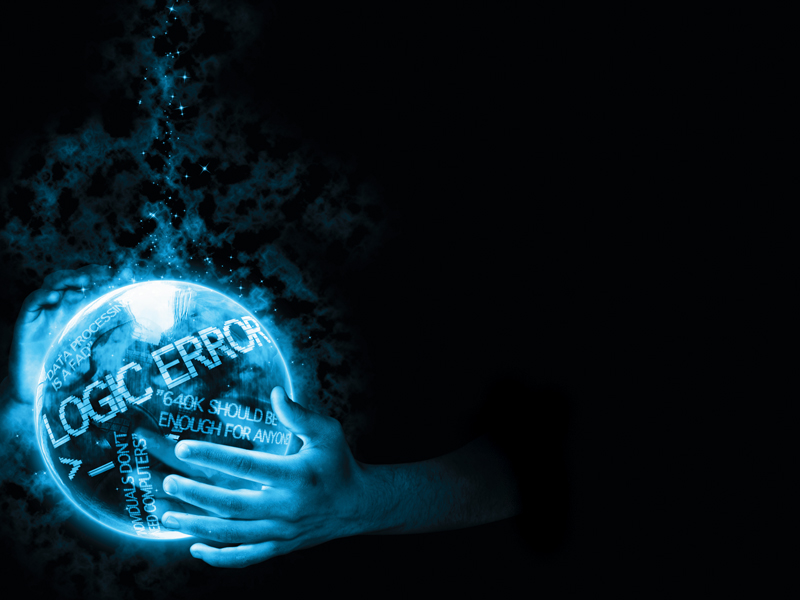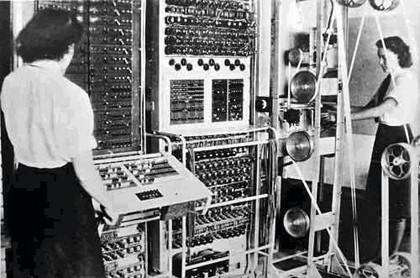
There's always a temptation to try to predict the course of future events, and the world of computing is no exception. With everything seemingly becoming bigger, better and faster year on year, there's an insatiable appetite for predictions, and some individuals seem dutybound to meet that demand.
Today these people like to call themselves futurologists, and while this might give the practice an air of scientific respectability, in many cases it has to be said with hindsight that using a crystal ball would have been just as accurate.
Intrigued? Then join us as we examine seven prophecies that fell short of the mark.
"It would appear that we have reached the limits of what it's possible to achieve with computer technology, although one should be careful with such statements, as they tend to sound pretty silly in five years."
John von Neumann, 1949
Though the second part of this statement is certainly right, the first bit is unbelievable. Von Neumann was an eminent scientist and mathematician, and developed the computer architecture we still use today. Not a person you'd expect to make such a rash statement.
The fact that he couldn't think of any possible new applications for computers suggests a serious lack of imagination considering that, in 1949, computers hadn't been used for much yet.
In that year, you could count the number of operational computers in the world on your fingers. They had all been developed in universities and were deployed only for scientific purposes. It would be another two years before J Lyons and Company launched LEO (Lyons Electronic Office computer), the first computer designed specifically for business applications. So that's one more potential application, for starters.
Sign up for breaking news, reviews, opinion, top tech deals, and more.
Von Neumann's contemporaries weren't as blinkered, though. As he was uttering these immortal words, Claude Shannon – now regarded as the father of information theory – was working on some truly groundbreaking applications.
In 1950, he took one of the first steps in the development of artificial intelligence by demonstrating an electromechanical mouse that could find its way around a maze. The same year, he published a paper detailing how computers could be used to play chess. So much for von Neumann's prophecy!
"I think there is a world market for maybe five computers."
Thomas J Watson, President of IBM, 1943
Computer historians dispute the validity of this quotation, but even if Watson himself didn't utter those words, there's plenty of evidence that computer experts expressed such a sentiment as recently as the early '50s. And the idea wasn't as daft as it sounds.

COLOSSAL MIS-JUDGEMENT: The first electric computer had yet to be built when Thomas J Watson predicted a market for five of them
Back in 1943, the world's first fully electronic computer of any sort – the code-breaking Colossus at Bletchley Park – was just in the process of being commissioned. It would be another five years before the first ever computer as we now understand the word (the Manchester Baby) was built, a further eight years before the first commercial computer (the Ferranti Mark I) went on sale, and 10 years before Watson's own company, IBM, launched its very first computer (the 701).
Of course, we all know that this prophecy turned out to be absolute rubbish, but the vast scale of the under-estimation might still be an eye-opener. Forget PCs (over a billion of them) and think of microcontrollers. They outnumber the world's population many times over, and each one is vastly more powerful than anything Thomas Watson might have envisaged.
- 1
- 2
Current page: Tech predictions that were wrong
Next Page "No one needs a computer in their home"